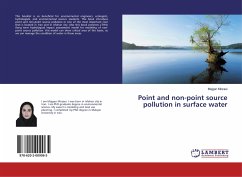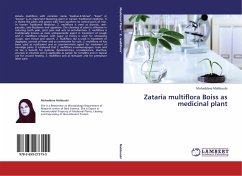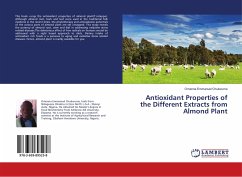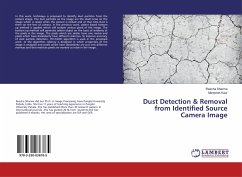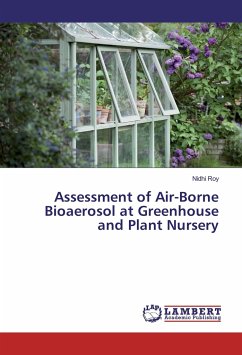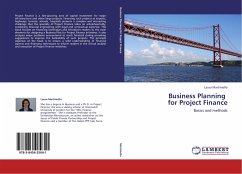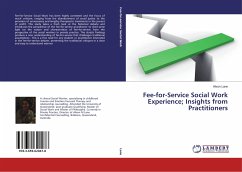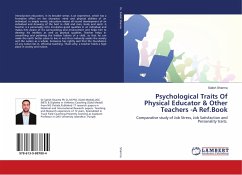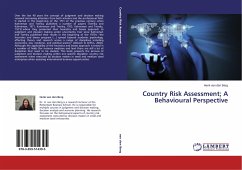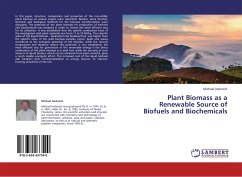
Plant Biomass as a Renewable Source of Biofuels and Biochemicals
Versandkostenfrei!
Versandfertig in 6-10 Tagen
19,99 €
inkl. MwSt.

PAYBACK Punkte
10 °P sammeln!
In this paper, structure, composition and properties of the non-edible plant biomass of various origins were described. Besides, some thermal, chemical and biological methods for the biomass transformation were discussed. The potential of the plant biomass for production of biofuels and biochemicals was analyzed in order to choose the most efficient way for its utilization. It was established that the specific combustion heat of the investigated solid plant materials was from 11 to 25 MJ/kg. The calorific value of the liquid biofuels bioalcohol and biodiesel fuel, was higher than the calorific...
In this paper, structure, composition and properties of the non-edible plant biomass of various origins were described. Besides, some thermal, chemical and biological methods for the biomass transformation were discussed. The potential of the plant biomass for production of biofuels and biochemicals was analyzed in order to choose the most efficient way for its utilization. It was established that the specific combustion heat of the investigated solid plant materials was from 11 to 25 MJ/kg. The calorific value of the liquid biofuels bioalcohol and biodiesel fuel, was higher than the calorific value of the solid biomass samples. Lignin, lipids and waxes contribute to the energetic potential of the biomass, while the mineral components and moisture reduce this potential. It was established, the most efficient way for generation of the renewable energy is the direct combustion of the plant biomass as a solid fuel, while the burning of such amount of liquid biofuel, which can be obtained from plant material, gives a much smaller energetic effect. The increased cost of the liquid biofuels also hampers their commercialization as energy sources. To improve burning properties of the mix



